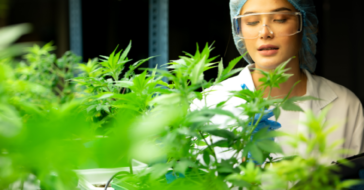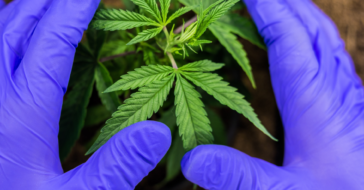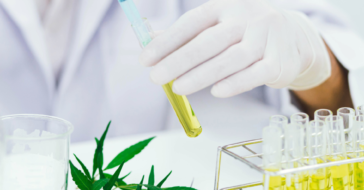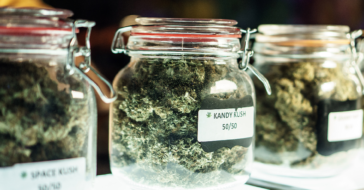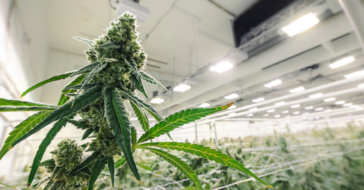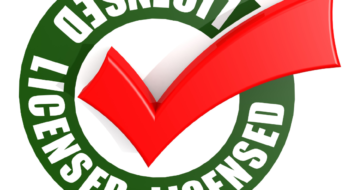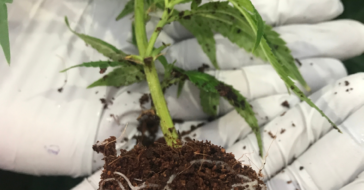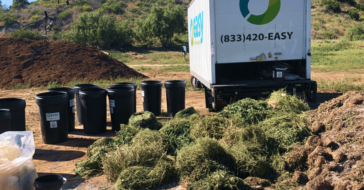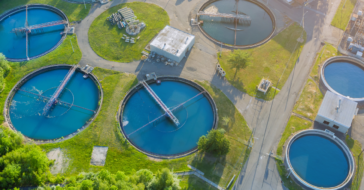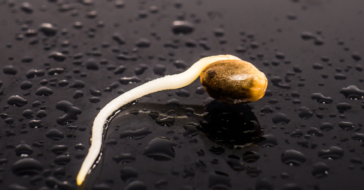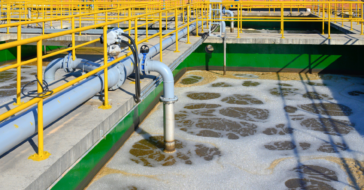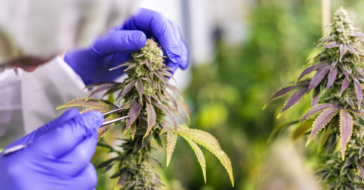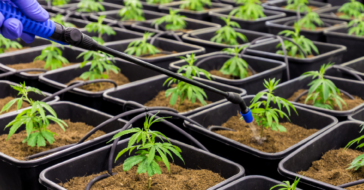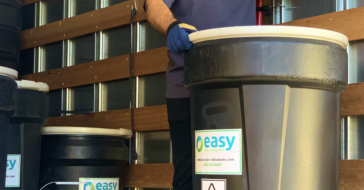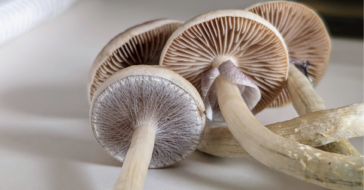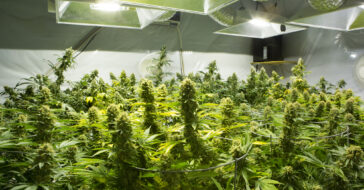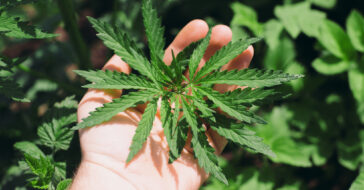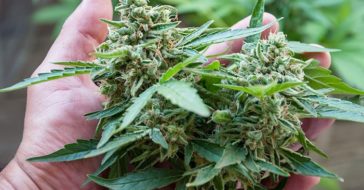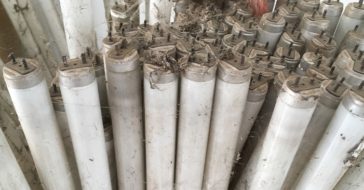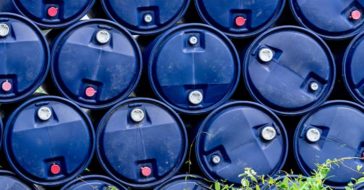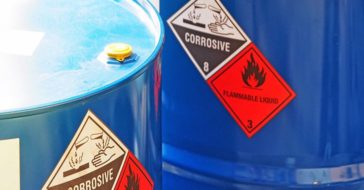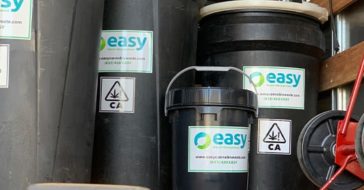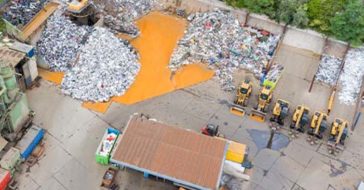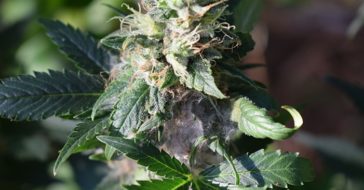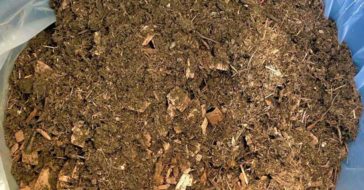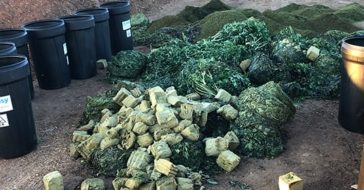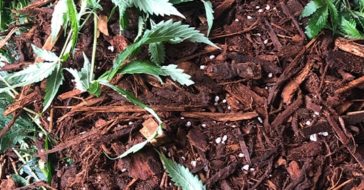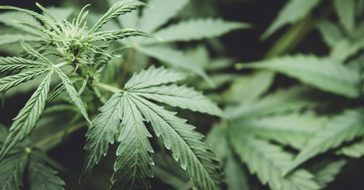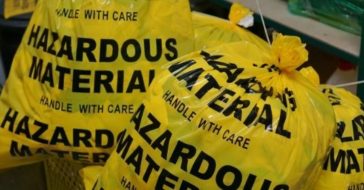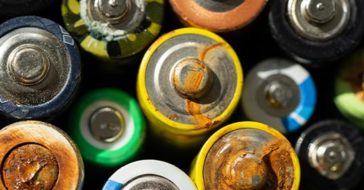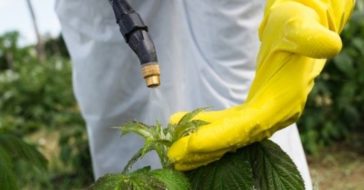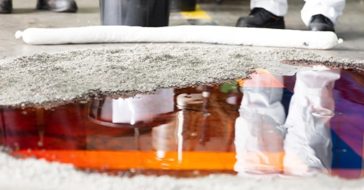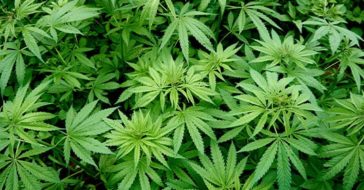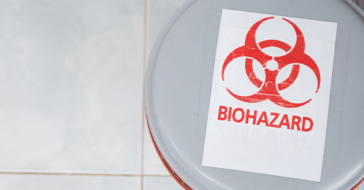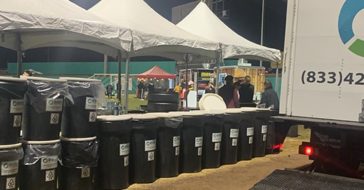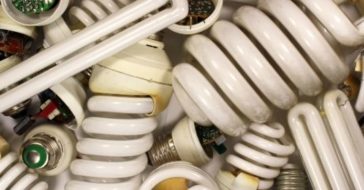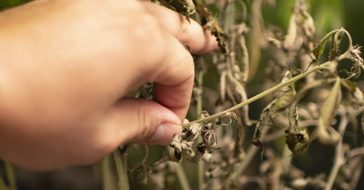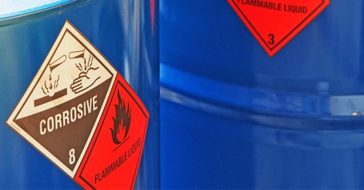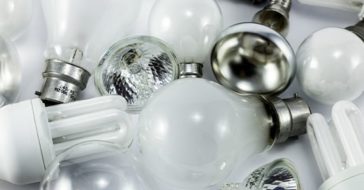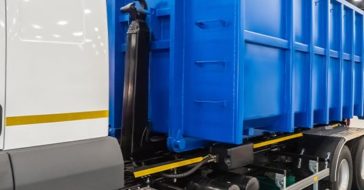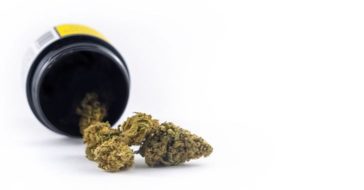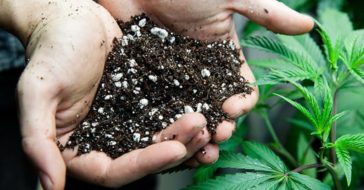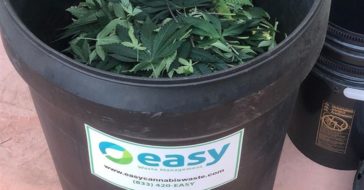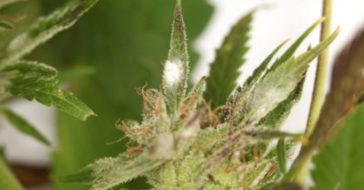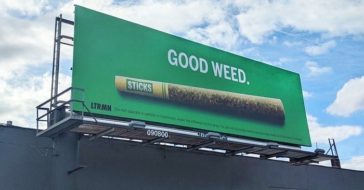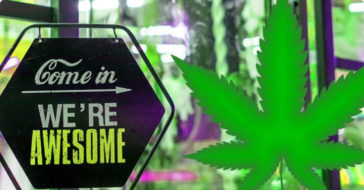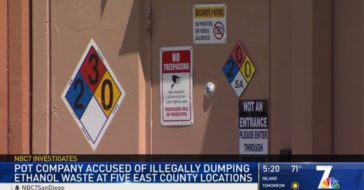While chemical fertilizers don’t require the same specialized disposal as herbicides, pesticides, and insecticides, more eco-conscious options are recommended to keep these chemicals out of landfills. Regulations in California vary depending on the types of fertilizer you use and whether you’re a personal consumer or business. Find out how to dispose of fertilizer properly below!
Eco-Friendly Fertilizer Waste Disposal Options in California
Proper disposal of your leftover fertilizer is an essential step in protecting our environment. While most certified organic fertilizer can technically be thrown out in a trash can, the quantity of waste can contribute to problems within our ecosystem.
Plus, some chemical fertilizers are considered household hazardous waste (HHW). Consumers can take advantage of HHW drop-off locations and collection events. However, businesses must ensure that they are compliant with local, state, and federal waste disposal regulations. Below, we go over the main recommendations for California businesses, depending on what type of fertilizer you use.
-
Hydroponic Organic Fertilizers
Liquid fertilizers used in hydroponic systems or as nutrient-rich water for your plants are often classified as universal waste. If they don’t contain any pesticides or herbicides, you can technically dispose of these in a variety of ways. However, you may be able to reuse this wastewater. You can dilute your liquid fertilizer products and reuse them on your potted plants for an extra boost. The potted aspect is important, as this keeps the fertilizer from contributing to the runoff in your area.
If you still find yourself with an excess, you can look into investing in a purification filter or UV disinfection system. These options can be expensive and are often only a realistic option for large scale, commercial growers. Is your operation on the smaller side? In that case, you may be better off investing in a reverse osmosis filter to get your wastewater to the Environmental Protection Agency’s (EPA) standards for drinking water before disposal.
-
Unused Nutrients
If you use organic fertilizers that are composed exclusively of plant matter, animal waste, and minerals, then you can include this with the rest of your solid waste. However, those that contain any pesticides, herbicides, nitrogen, phosphorus, or potassium compounds may require special treatment. These products will need to follow additional waste disposal guidelines, and it’s best to contact your local waste management company to determine the right process for your business.
-
Fertilizer for Cannabis Plant Waste in Los Angeles, CA
An additional caveat for cannabis waste growers is the state of California’s track-and-trace requirements. If your hydroponic water is part of a system used to grow cannabis, you’ll need to follow even more stringent protocols. To avoid a potentially hefty fine, it’s best to reach out to a compliant cannabis waste disposal company.
Safe recycling and disposal of fertilizer and other byproducts vary by state and municipality. If your business needs comprehensive universal waste management in the greater Los Angeles, CA area, consider reaching out to Easy Waste Management. We offer a variety of eco-friendly and compliant services so that you can start processing your waste with reliable and affordable solutions. Get in touch today to request a free consultation!





